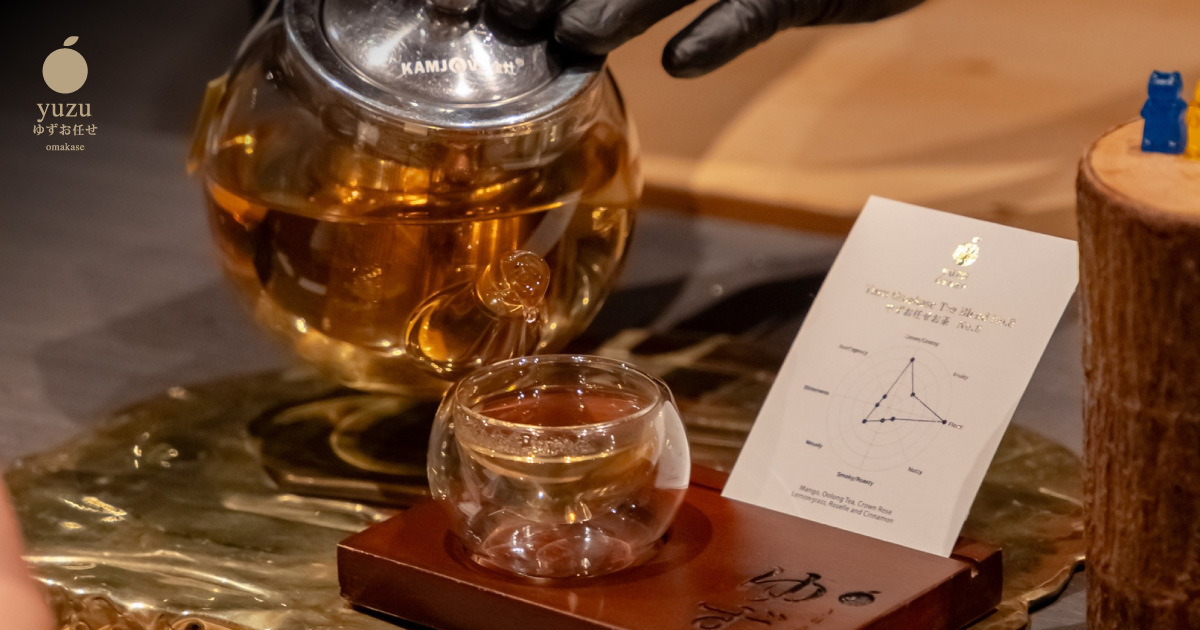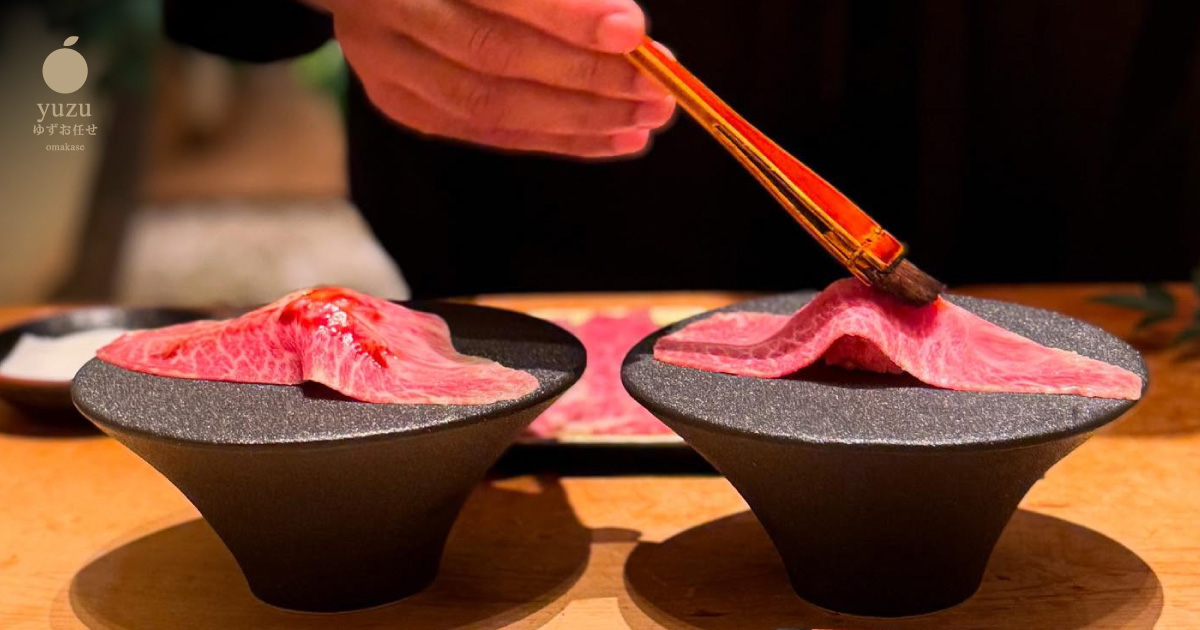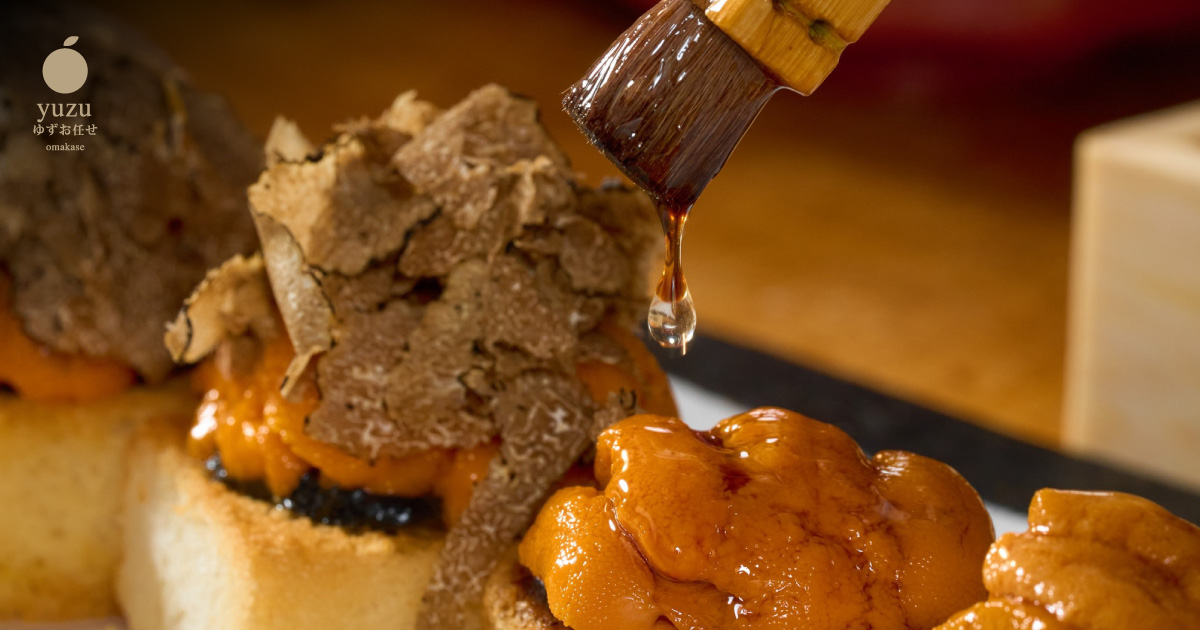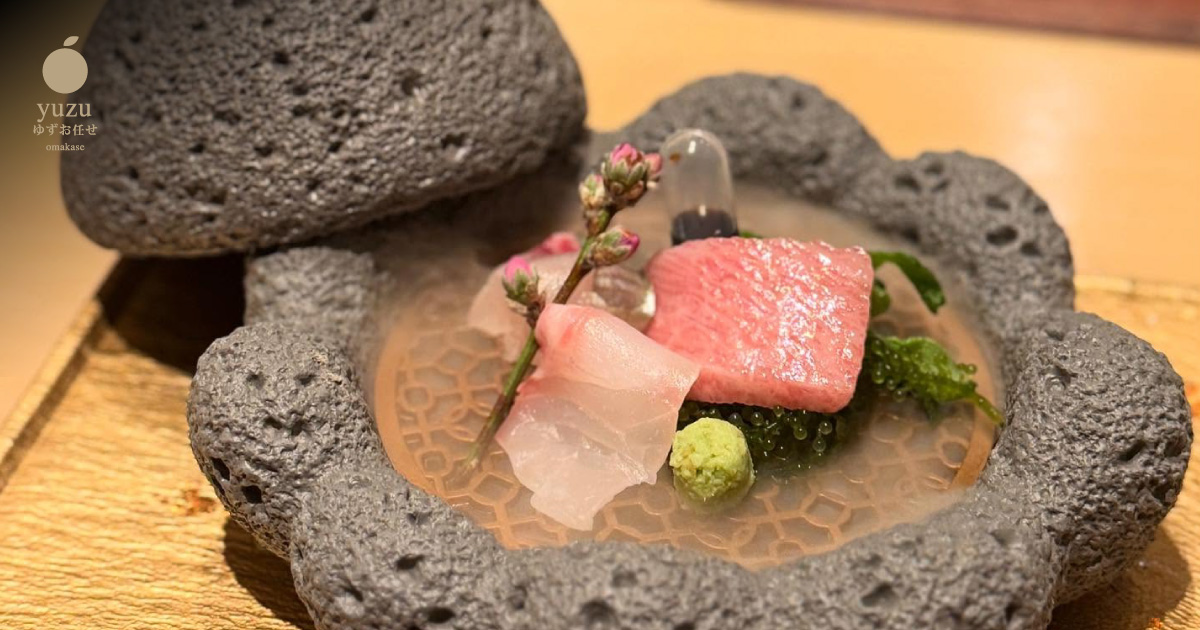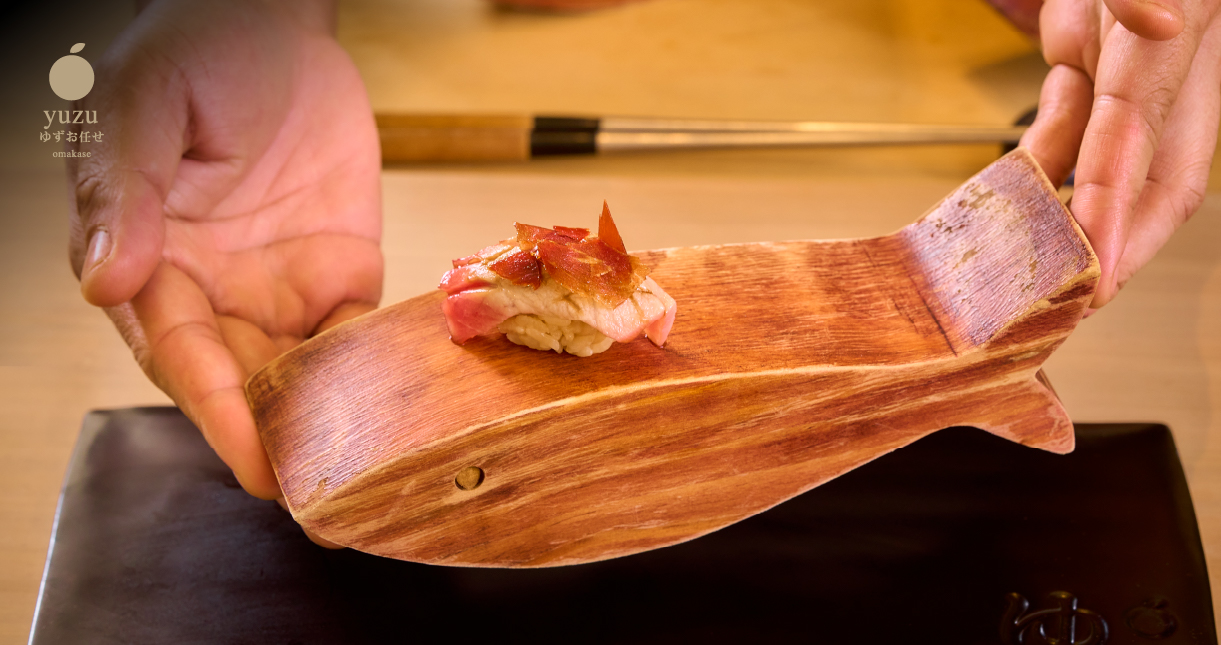
What Does Sushi Taste Like? Exploring Flavors and Health Benefits
Sushi as a Culinary Art and a Healthful Delight
Well-Being ● 2025 Jan 7
What Does Sushi Taste Like? Exploring Flavors and Health Benefits
Sushi, a cornerstone of Japanese cuisine, is celebrated worldwide for its delicate flavors, artistic presentation, and nutritional benefits. For those new to sushi, the question often arises: What does sushi taste like? The answer lies in its balance—a harmony of textures and flavors ranging from the subtle sweetness of fresh fish to the tangy bite of seasoned rice.
At its core, sushi offers more than a flavorful dining experience—it’s also a health-conscious choice. Packed with lean proteins, omega-3 fatty acids, and essential nutrients, sushi has become a popular option for those seeking both indulgence and wellness. Let’s dive into the taste profiles of sushi and explore the many health benefits it brings to the table.
1. The Taste of Sushi: A Symphony of Flavors
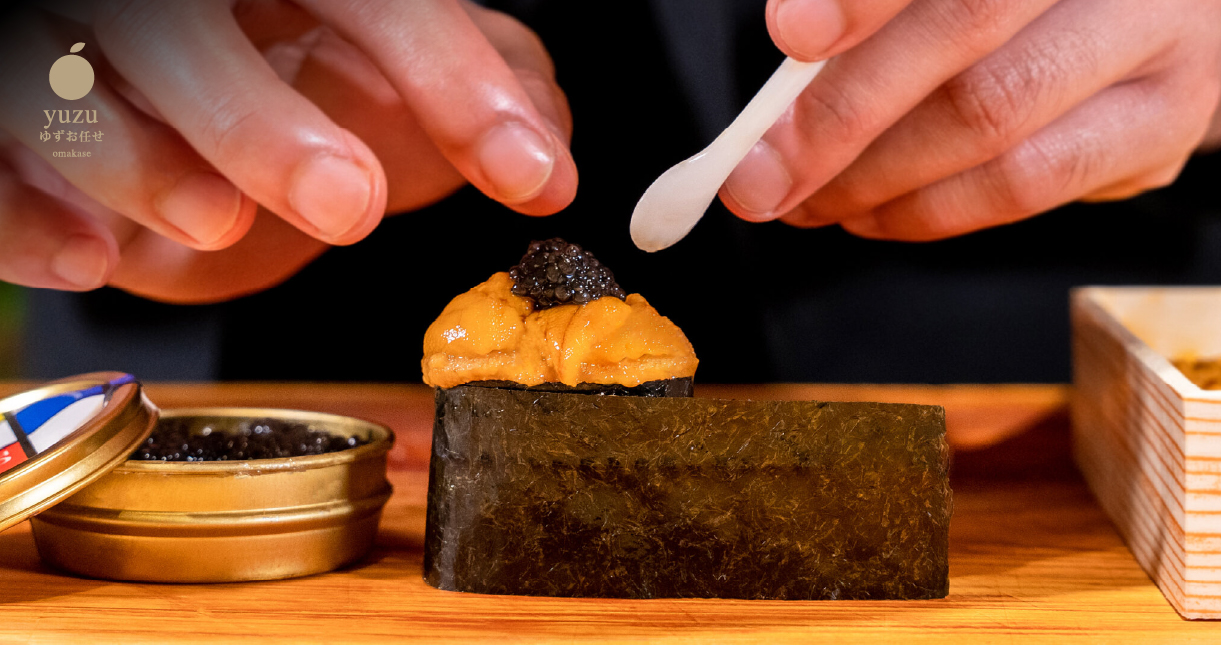
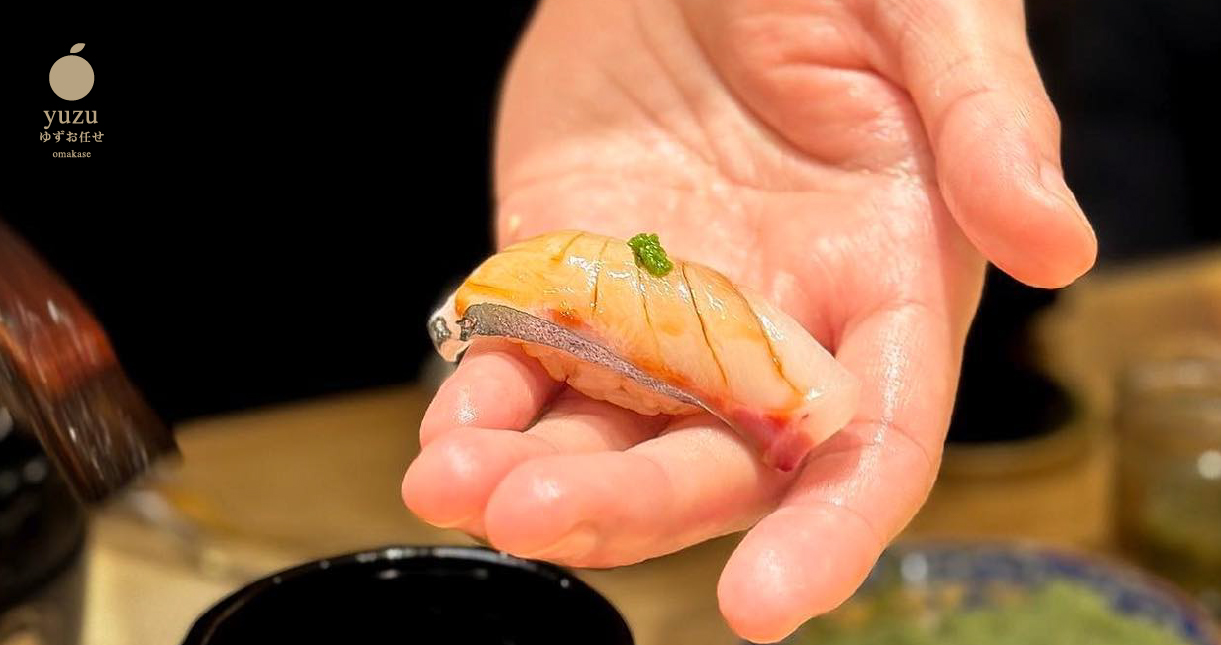
1.1 The Foundation: Seasoned Rice
At the heart of sushi is Japanese sushi rice, seasoned with a blend of vinegar, sugar, and salt. This creates a slightly tangy, mildly sweet base that complements the other ingredients.
Flavor Profile
Lightly sour and sweet, with a soft, sticky texture that provides the perfect balance for the toppings.
1.2 The Freshness of Seafood
Sushi often features raw fish like tuna, salmon, or yellowtail, known for their natural sweetness and buttery texture. Other options, such as shrimp or octopus, bring a firmer, slightly briny flavor.
Signature Taste
The freshness of the seafood is key, with flavors that range from mild and clean (like white fish) to rich and umami-packed (like fatty tuna).
1.3 Nori: The Umami Wrapper
Many types of sushi, such as maki rolls, are wrapped in nori (seaweed). This adds an earthy, umami-rich element that enhances the overall flavor.
Flavor Insight
Nori’s slight saltiness and crisp texture provide a satisfying contrast to the tender fish and soft rice.
1.4 Accents and Condiments
Sushi is often accompanied by soy sauce, wasabi, and pickled ginger, which serve to enhance or balance the flavors.
Soy Sauce
Adds a savory, salty depth to the sushi.
Wasabi
Delivers a spicy kick that highlights the fish’s natural sweetness.
Pickled Ginger
Acts as a palate cleanser between bites, offering a tangy, refreshing flavor.
1.5 Creative Ingredients
Modern sushi creations may include additional ingredients like avocado, spicy mayo, or even truffle oil, offering a fusion of traditional and innovative flavors.
Fusion Example
Grilled wagyu beef sushi with truffle soy sauce combines Japanese techniques with a luxurious twist.
2. The Health Benefits of Sushi
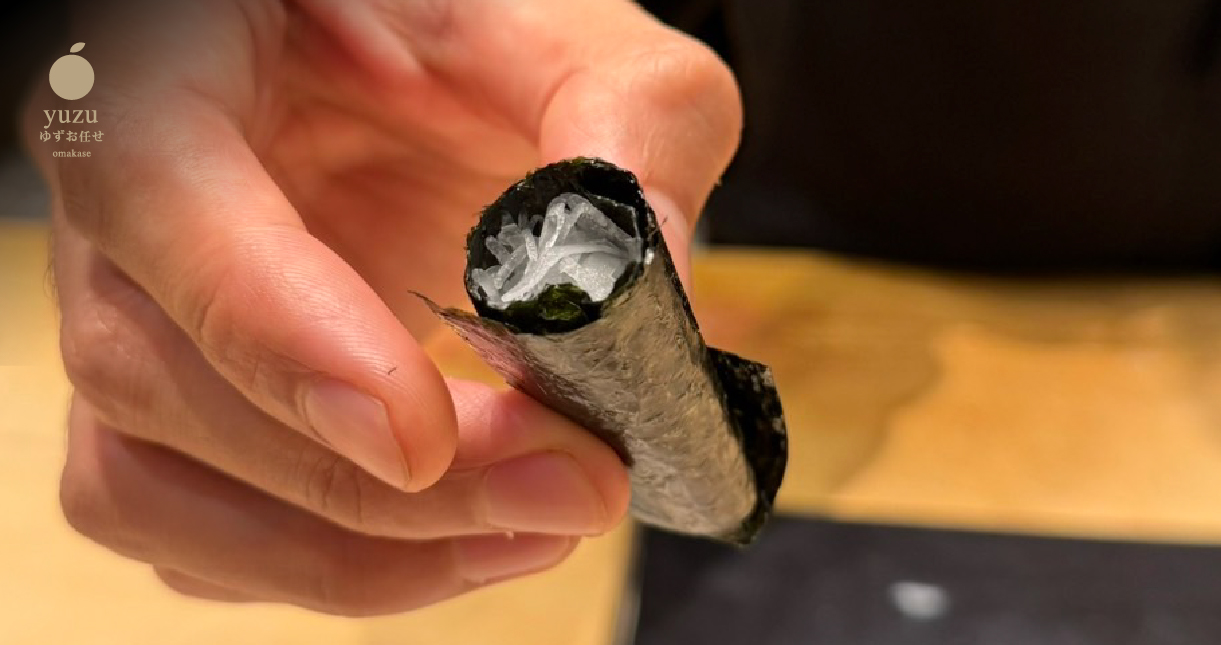
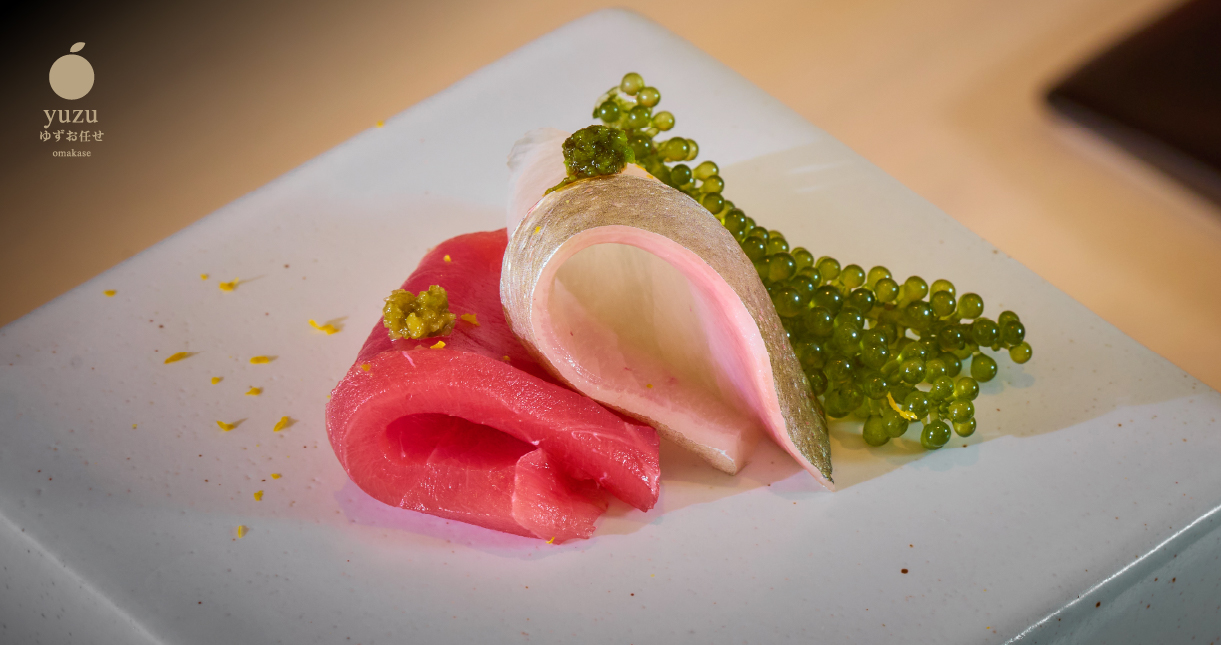
2.1 A Lean Protein Source
Sushi, particularly nigiri and sashimi, is a rich source of lean protein. Fish like salmon and tuna are packed with high-quality protein that supports muscle repair and overall health.
Protein Highlight
A serving of sushi provides ample protein without excess calories or saturated fats.
2.2 Rich in Omega-3 Fatty Acids
Fatty fish like salmon, mackerel, and tuna are excellent sources of omega-3 fatty acids, which are known for their heart-health benefits.
Health Benefit
Omega-3s help reduce inflammation, support brain health, and improve cardiovascular function.
2.3 Packed with Essential Nutrients
Sushi offers a variety of vitamins and minerals, depending on the ingredients used. Common nutrients include
Vitamin D
Found in fatty fish, supporting bone health and immunity.
Iodine
Present in nori, essential for thyroid function.
Iron
Found in fish and shellfish, aiding oxygen transport in the blood.
2.4 Low in Calories
Sushi is generally a low-calorie meal, especially when focused on sashimi or simple nigiri without heavy sauces or fried components.
Calorie Insight
A piece of nigiri typically contains only 40–60 calories, making it a great choice for weight-conscious diners.
2.5 Digestive Benefits
Pickled ginger and wasabi, staples of sushi dining, have natural antibacterial properties and aid in digestion. The vinegar in sushi rice also promotes healthy gut bacteria.
3. Popular Sushi Types and Their Flavor Profiles
3.1 Nigiri
A slice of raw fish atop a small bed of seasoned rice.
Flavor Insight
Clean, light, and focused on the natural taste of the fish.
3.2 Sashimi
Thin slices of raw fish served without rice.
Flavor Insight
Pure, fresh, and unadulterated, sashimi showcases the true essence of the seafood.
3.3 Maki Rolls
Rice and fish wrapped in nori, often with additional fillings like avocado or cucumber.
Flavor Insight
A combination of textures and flavors, with the umami of nori enhancing the other ingredients.
3.4 Specialty Rolls
Modern creations that incorporate unique ingredients like spicy mayo, truffle oil, or crispy tempura.
Flavor Insight
Bold, inventive, and layered, perfect for those who enjoy adventurous flavors.
3.5 Hand Rolls (Temaki)
Cone-shaped sushi rolls filled with fish, rice, and vegetables.
Flavor Insight
A casual, hands-on option with a satisfying crunch from the nori wrapper.
4. Why Sushi Is Perfect for Health-Conscious Diners
4.1 Balanced Nutrition
Sushi offers a balance of protein, healthy fats, and complex carbohydrates, making it a well-rounded meal.
Example
A roll with salmon, avocado, and rice provides lean protein, heart-healthy fats, and energy-boosting carbs.
4.2 Adaptable for Dietary Needs
Sushi can be easily tailored to suit dietary preferences, whether you’re gluten-free, pescatarian, or following a low-carb diet.
Low-Carb Option
Sashimi or sushi made with cucumber instead of rice.
Gluten-Free Option
Request tamari in place of soy sauce.
5. Experience Sushi at Its Best: Yuzu Omakase
5.1 The Yuzu Omakase Difference
At Yuzu Omakase, sushi is not just a meal—it’s an art form. The restaurant’s chefs combine traditional techniques with innovative flavors, creating dishes that delight the palate and nourish the body.
Signature Dishes
⦁ Golden tuna nigiri
A luxurious bite topped with edible gold leaf.
⦁ Hokkaido uni sashimi
Creamy and briny, perfect for seafood lovers.
⦁ Yuzu ponzu roll
A refreshing fusion of citrus and umami flavors.
5.2 A Commitment to Freshness
Yuzu Omakase sources only the finest ingredients, ensuring that every piece of sushi reflects the highest quality.
⦁ Freshness Insight
From the delicate texture of sashimi to the perfectly seasoned rice, every bite is a testament to the restaurant’s dedication to excellence.
5.3 A Dining Experience Tailored to Wellness
With a focus on seasonal ingredients and balanced nutrition, Yuzu Omakase offers a dining experience that aligns with both indulgence and health-conscious choices.
Conclusion: The Harmony of Taste and Health
Sushi is more than just a delicious meal—it’s a culinary celebration of balance, offering flavors that range from delicate to bold and health benefits that support a well-rounded lifestyle. Whether you’re drawn to the purity of sashimi, the creativity of specialty rolls, or the health benefits of omega-3-rich seafood, sushi is a perfect choice for both the palate and the body.
Experience the art of sushi at Yuzu Omakase, where exceptional flavors meet wellness-focused dining. Book your table today and discover why sushi is a true masterpiece of taste and health.

RELATE
-
Stress Reduction Techniques Through Culinary Ritual: Dining as Meditation
When the outside world feels overwhelming, we search for stillness. For many, that stillness is found not in silence—but in sushi. At Yuzu Omakase Thailand, each course is a quiet ritual, and each bite is a breath in mindfulness.
Well-Being ● 2025 Sep 29
-
How Yuzu Omakase Thailand Promotes Longevity Through Clean Cuisine
In the pursuit of longevity, diet is more than nutrition—it is culture, ritual, and philosophy. At Yuzu Omakase Thailand, every course reflects the time-honored practices of Japanese culinary wisdom, designed to support vitality, balance, and a long, healthy life.
Well-Being ● 2025 Sep 12
-
Healthy Aging Through Japanese Cuisine: Why Yuzu Is More Than Just a Meal
Long life isn’t just about how many years you live—but how well you live them. At Yuzu Omakase Thailand, age-defying nourishment meets Japanese tradition in a dining experience that supports longevity from the inside out.
Well-Being ● 2025 Sep 9



